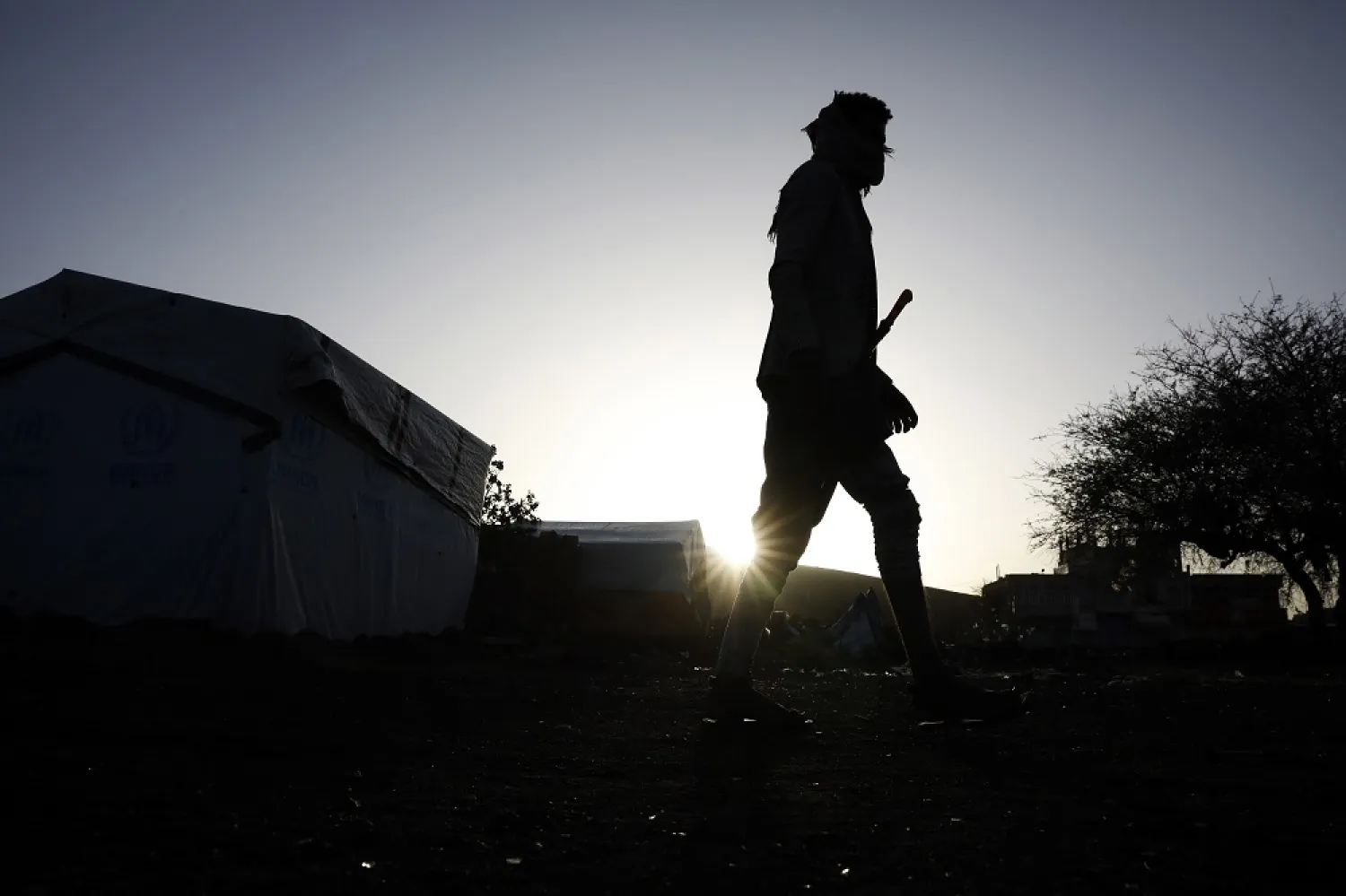The Iran-backed Houthi militias carried out on Wednesday attacks in the Taiz province in a move that undermines the two-month nationwide truce.
The Houthis shelled Taiz neighborhoods and launched attacks using armed drones, drawing government condemnation and warnings that the UN-sponsored truce was at risk.
Witnesses said a drone attack in eastern Taiz city left at least 10 people wounded and caused panic among locals, who were celebrating the Eid al-Fitr holiday.
The shelling targeted a police building in the city.
Foreign Minister Ahmed Awad bin Mubarak slammed the attacks as a "flagrant violation of international and humanitarian laws and the UN truce."
In a tweet, he warned the Houthis against squandering the opportunity for peace presented by the truce, saying they will be held accountable if it failed.
Wednesday's attack sparked outrage among the people because it targeted civilian locations. The attack struck areas that are located close to a local park, cancer patients hospital, sports club and university faculty.
The Mayyun rights organization condemned the deadly attack that it said was carried out by armed drones and targeted a busy street.
It warned that the truce was being threatened by the Houthis' "blatant violation".
It noted that this was not the first violation to take place in Taiz, saying the Houthis had carried out mortar attacks against neighborhoods, leaving civilian casualties.
The latest attack raised questions about the Houthis' commitment to the truce, added the organization.
It underlined the need for the UN to maintain its firm efforts with the Houthis, warning the militia leaders of the humanitarian consequences should they lead to the truce' failure.









